Who Was Your First Mentor?
January is National Mentor Month. But, really, every month is mentor month. As the Founder and CEO of The Mentor Project, I am able to see the impact mentoring makes on mentees around the world. Mentors are everywhere and often where we least expect them. Who was your first mentor? Who helped shape you into the person you are now? And who do you mentor? Take a moment this month to recognize the mentors in your life. I’ll start…
My first mentor was my grandfather, Charles S. Crook, II, a decorated Captain in the US Army in World War II, who is now buried in Arlington Cemetery.
As soon as I turned five, my grandfather made it a tradition to pick me up in his big 1970s Cadillac convertible to run errands with him in downtown Des Moines, Iowa. He was a six-foot tall man with a booming voice and a swagger that let you know he wasn’t anybody’s fool. He wasn’t exactly warm and fuzzy, but he and I understood one another and enjoyed our trips out together each week.
(Ford Fairlane in this photo)
Along the ride across and through town, as we drove by people on the streets, he told me all about them (I don’t know if any of it was true, but as a five-year-old, I ate it all up like candy). He’d say “You see that man over on the right? The one walking fast? His wife chewed him out five minutes ago for forgetting to bring home the dry cleaning. He’s mad as hell right now at her, and he’s walking around to cool off. She’s one nasty lady.” A bit later we’d pass another person sitting on a bench. “See Mary over there on the bench? She raised two girls. They went to college, and Mary made sure it happened for them. Her husband ran out on them when they were young. She has a hard life.” He never ran out of stories about the people we’d pass. These conversations made me see each person I ever passed on the street from then on as a real person. Someone with a story. Someone who had the power to make a difference, whether good or bad, in the lives of others.
Grandpa was a man who followed his beliefs to the end – and taught me at an early age to follow my convictions regardless of what others think. I don’t say this lightly. My white grandfather, who moved from Baltimore, MD to live with my Grandmother to raise six kids in Iowa after the war, found discrimination against minorities (racial and religious) to be intolerable. By the time he started taking me around town on his errands, he was entrenched in the Civil Rights movement and during this time was the President of the DesMoines, Iowa chapter of the NAACP.
Each week we stopped for breakfast at the local pancake shop (named Sambo’s – of all names). I noticed that people wouldn’t sit next to us. Many people said rude things to him and gave me dirty looks as we ate our pancakes. During all our time each week running grandpa’s errands (going to the post office, stopping in at his office, or going to the grocery store and having a pancake breakfast), he never told me anything about his involvement in the Civil Rights movement. But, what I took in during our weekly time together, was that he didn’t care that the rude people didn’t like him. For a while, I didn’t like this about him. I felt uncomfortable with waitresses giving dirty looks and patrons sitting far away from us and mumbling comments about grandpa under their breath as they passed him. For a while, I didn’t want to go out with him on his errands. The peak of embarrassment was when his neighbors from his nice middle-class neighborhood across the street from the golf course talked about him at the park, and kids talked about him in school. I found myself squirming when people asked if he was my Grandpa. They said he was “integrating” the neighborhood and the church. I had no idea what the word “integrating” was, and knew enough to realize it wasn’t a popular concept. I wrestled with knowing he cared about people but knowing that he wasn’t doing something people liked. Over time, I saw that he was helping people. And that he didn’t let those who didn’t like him stop him from pursuing his beliefs. Time allowed me to integrate my feelings and to understand that sometimes we do the right thing even when we know the road to making change isn’t easy. His guidance over the years showed me that if we want to change something we have to speak and act. Hoping, wishing, and complaining won’t work. We need to see the world outside ourselves and realize we, as individuals are just a part of the big picture.
He is long gone, but I still hear his voice on my shoulder telling me there is a story in every person. Every person matters. He is probably one of the reasons why I became a psychologist (and married one). He is probably one of the reasons why I’ve been an advocate for aging for two decades. He passed the torch to me, and I will pass the torch to my children.
He lives on.
Subscribe now
Leave a comment
Originally Published on https://deborahheiserphd.substack.com/

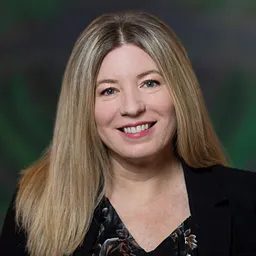



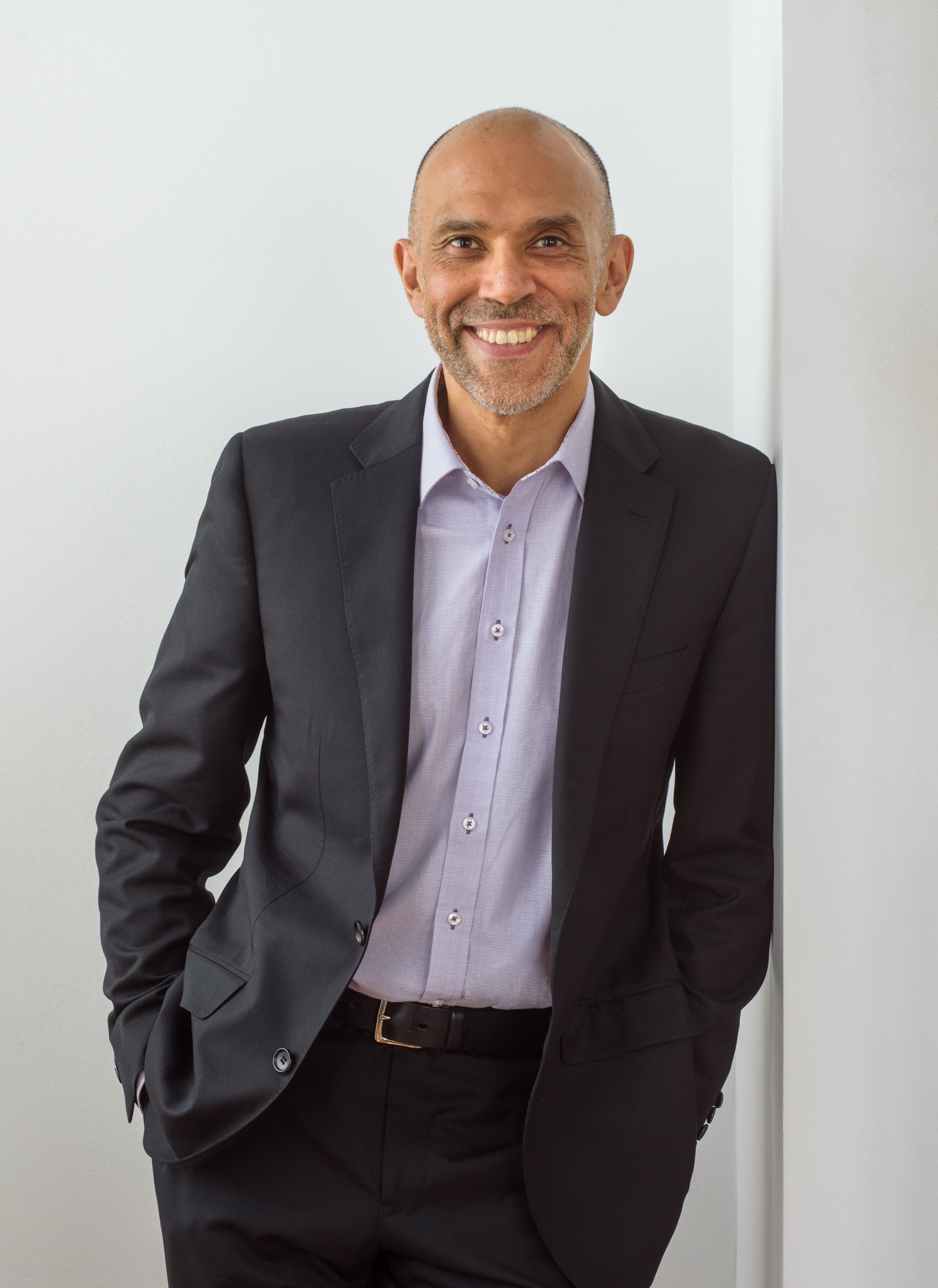

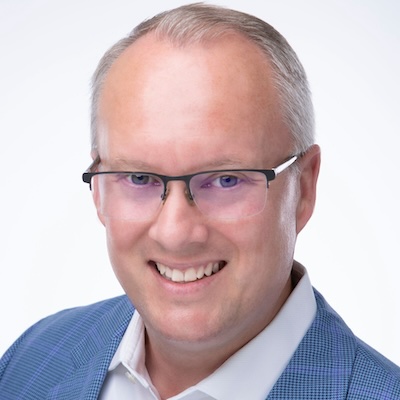
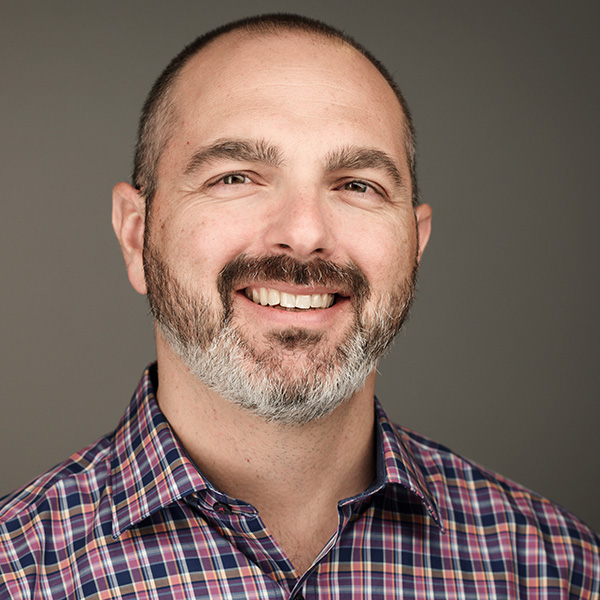
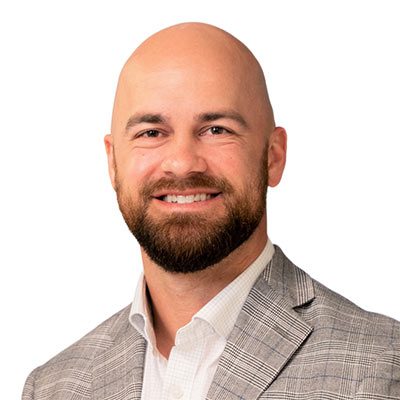
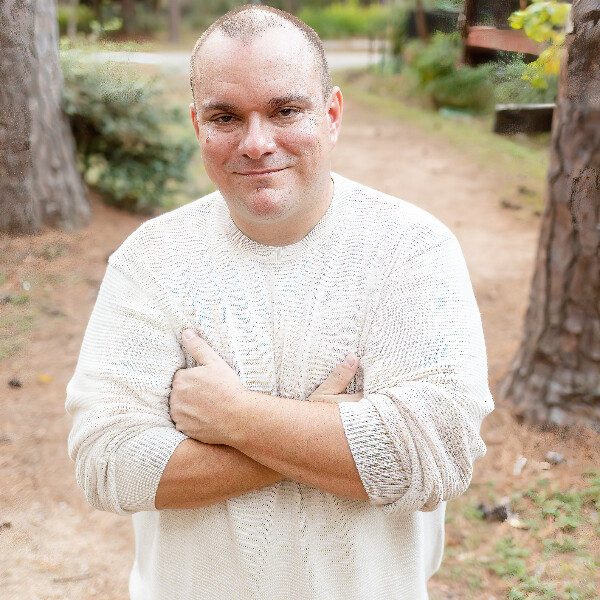





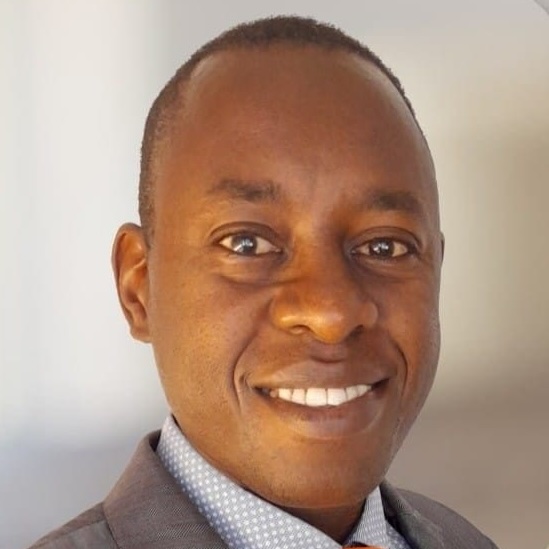
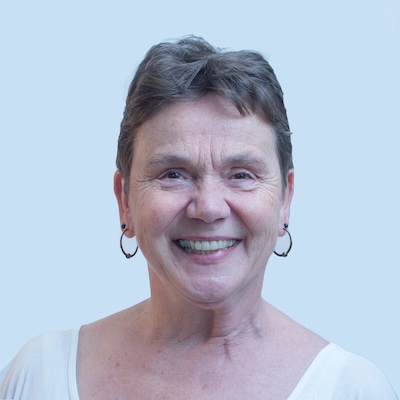
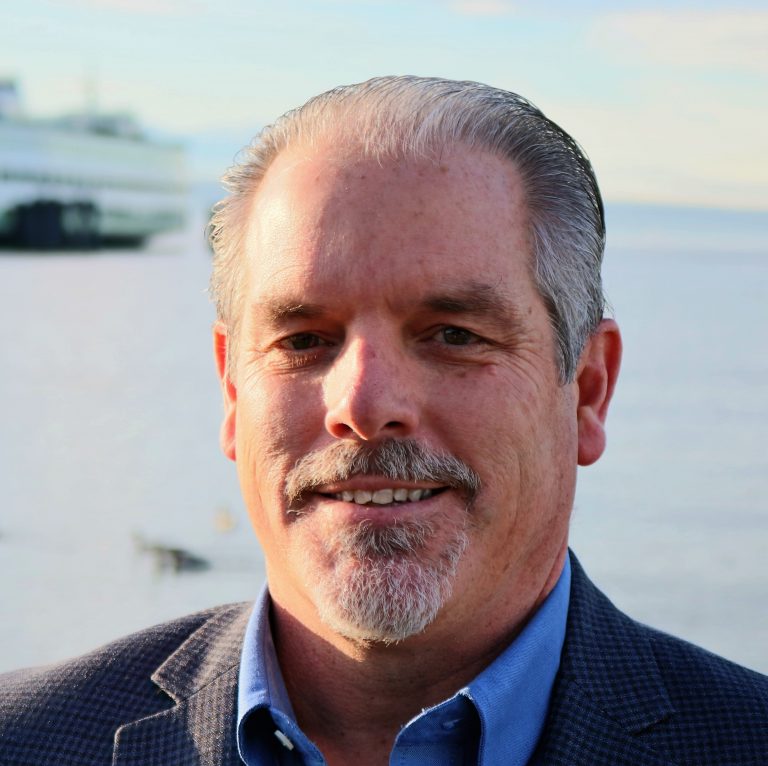



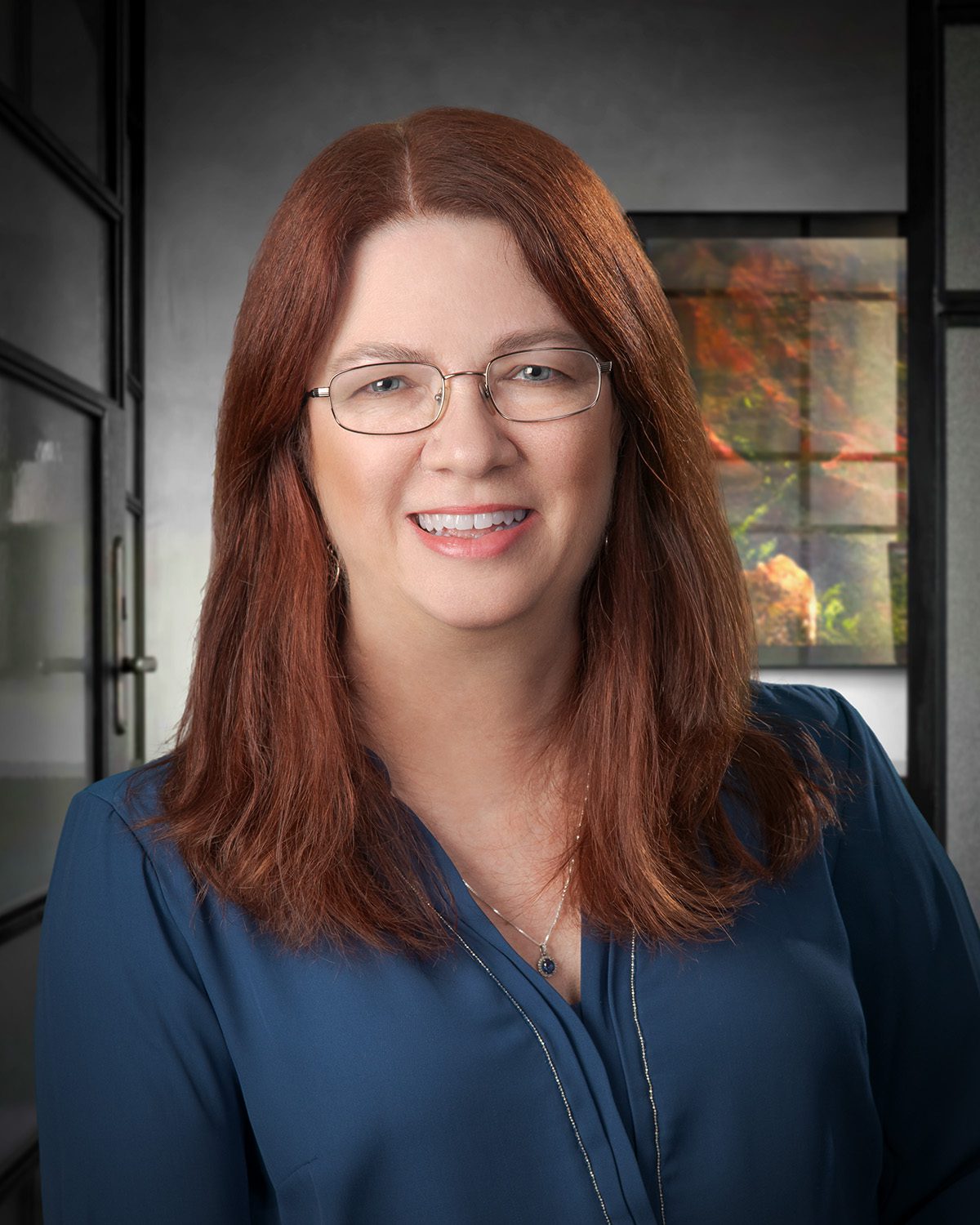

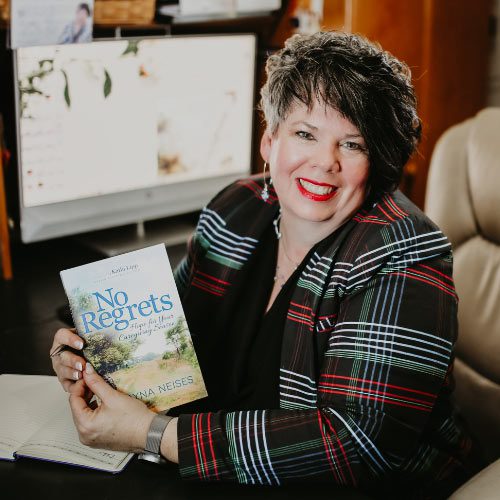
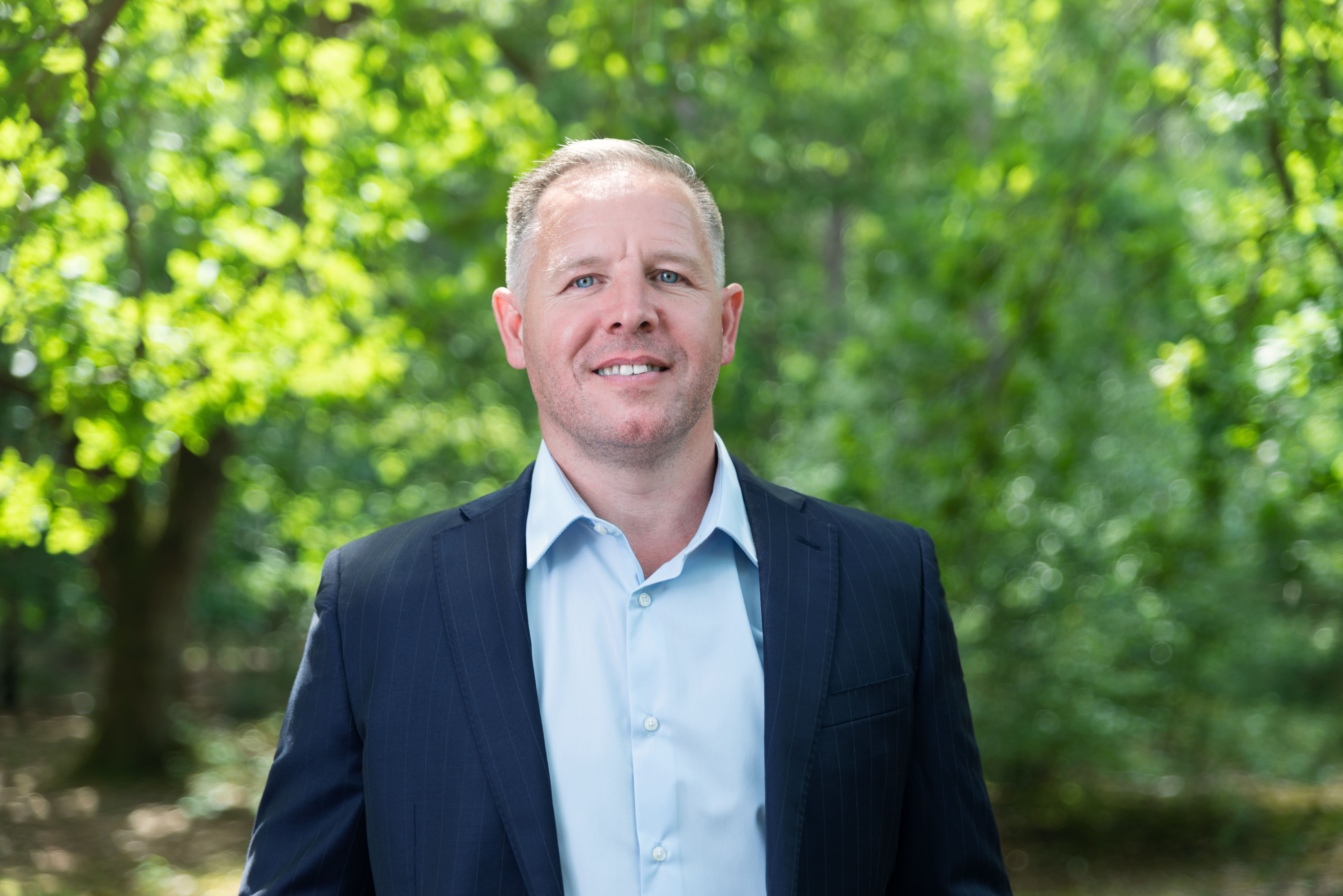

Already a Member? Login Here.
Not Yet a Member? Join the Conversation Today!